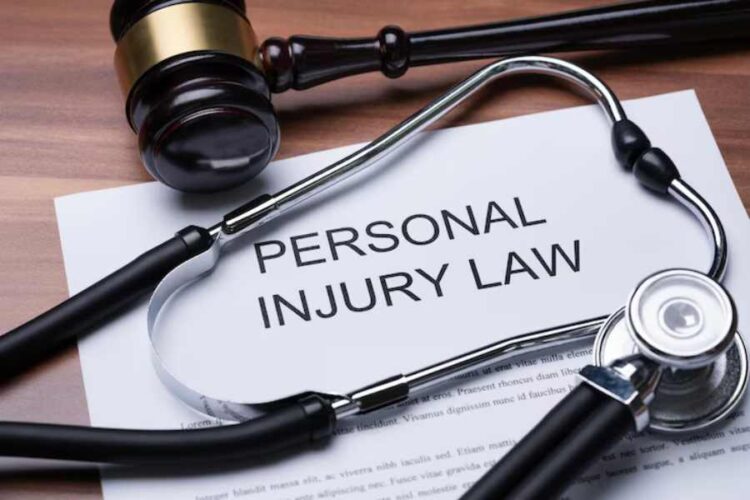Believe it or not, a slip on someone’s icy steps or wet floor can turn your life upside down. Slip and fall injuries are so common that they have a special category under personal injury law. Around 5% of all cases end up in fractures.
Of course, there are other situations like traffic collisions, dog bites, or workplace accidents. Regardless of how you got injured, the last thing you want to do when you’re in the hospital or recovering is to decode the legal system.
Sadly, this is something you will have to do if you’re seeking rightful compensation. Someone has to pay the medical bills, and it shouldn’t be you (the victim)!
In this article, we offer five essential tips that will guide you through the messy situation of a personal injury and the legalities you may have to disentangle on the way.
Gather Evidence and Seek Medical Attention
The moments after an injury can be chaotic, but what you do next can make a big difference. You need reliable and irrefutable evidence to prove you are not at fault for the events that led to the injury, so you may have to channel your inner detective.
If you can, take clear photos of the scene, your injuries, and any damage. Then grab contact info from witnesses. As the situation unfolds, keep records of everything, such as medical bills, prescriptions, doctor’s notes, etc (you never know what might help your case).
Some experts also suggest keeping a pain journal where you document how the injury has impacted your physical and emotional health.
However, the most important step to take after an injury is to get yourself checked out by a medical doctor (yes, even if you feel fine). Some injuries take time to show up, and insurance companies love to question delays in care.
Plus, a doctor’s opinion also helps to decide if your case falls under personal injury law or not. This visit creates a clear record linking your injury to the incident.
Don’t Rush to Accept the First Offer
After filing your complaint, you may receive an offer from the insurer covering the person who caused your injury. You will be tempted to grab it and move on, especially if bills are piling up.
However, the first offer is often a lowball, designed to save them cash, not cover your losses. There’s a reason why they hurry with the offer – recovery can take a long time, and it’s hard to tell the long-term impact of your injury before your treatment is complete.
Once you accept a settlement, that’s it; there are no do-overs! So, before you sign anything, make sure you understand all your damages: medical costs, missed paychecks, even the toll of sleepless nights.
Patience is your ally in this situation. It’s important to have adequate legal counsel who can give you an idea of appropriate compensation in cases like yours.
Hire a Lawyer Who Knows the Ropes
Unless you are familiar with your state’s personal injury law intricacies, it’s best to hire a specialized lawyer with experience in similar cases. Their job is to represent your interests and steer you through the chaos.
Look for someone with experience, like the team at Keller & Keller, known for handling car accidents and more with a client-first approach. A good lawyer tackles paperwork, battles insurers, and fights for every penny you deserve.
Check reviews, ask about their track record, and confirm they work on contingency (no upfront costs). Also, don’t choose the first lawyer that comes your way – interview a few to find the right fit.
Stay Calm and Communicate Clearly
When you pair injuries with legal battles, you get an emotional rollercoaster, and frustration and fear lead the parade.
But don’t let insurers rattle you. Stay professional when talking to lawyers, doctors, or adjusters, and keep a log of every call or email for reference. Also, resist the urge to vent on social media, since those posts can be twisted against you.
If stress creeps in, take a deep breath or a quick walk; it works wonders. Next to a reliable lawyer, clear communication and a level head are your secret weapons.
Wrap Up
No one wants to be in this sort of situation, where you have to think about laws, evidence, and documentation while recovering. Yet, you don’t have a choice. Accidents happen whether we like it or not.
Therefore, it’s best to be prepared and aware of the steps to take in case you or a loved one gets in an accident. You deserve fair treatment and a full recovery, both physically and financially!









